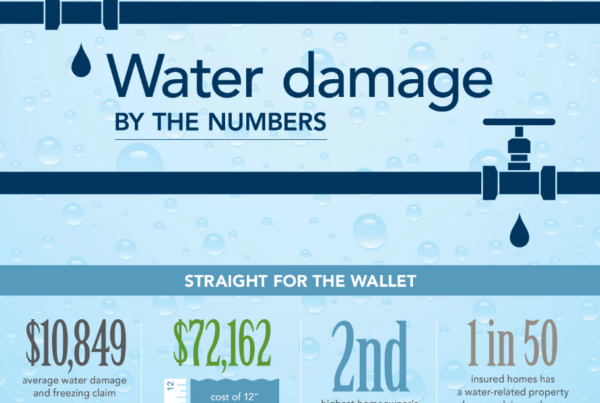
Title: Understanding General Liability Insurance Audits as a Contractual Obligation
Introduction
General Liability Insurance is a critical tool for businesses to protect themselves from potential financial risks stemming from accidents, injuries, or property damage. While obtaining this insurance is essential, policyholders must also be aware of their contractual obligations. One such obligation is the insurance audit, a process that helps ensure the accuracy of premium calculations and maintain the integrity of the insurance contract. In this blog post, we’ll delve into the world of general liability insurance audits and why they are a contractual obligation of policyholders.
The Purpose of General Liability Insurance
Before diving into the details of insurance audits, let’s briefly recap the purpose of general liability insurance. This type of coverage is designed to shield businesses from financial losses in situations where they may be held liable for bodily injury, property damage, or personal and advertising injury claims. It’s a vital component of risk management, providing peace of mind and financial protection to businesses.
The Insurance Policy as a Contract
A general liability insurance policy is a legally binding contract between the insurance company and the policyholder. Like any contract, it is subject to certain terms and conditions that both parties must adhere to. One of these conditions is the obligation for policyholders to accurately report their business operations and payroll to the insurance company.
Why Insurance Audits are Necessary
Insurance companies use various factors to calculate the premium for a general liability insurance policy. These factors often include the size and nature of the business, the number of employees, the location, and the past claims history. However, these variables can change over time. For instance, a business may grow, hire more employees, or expand its operations. Conversely, a business may downsize or change its focus. To ensure that the premium accurately reflects the current state of the insured business, insurance companies conduct audits.
The Insurance Audit Process
An insurance audit is essentially a review of the policyholder’s records to verify the accuracy of the information provided when the policy was issued. This process typically involves:
-
Notification: The insurance company informs the policyholder of the upcoming audit, specifying the timeframe and what records will be needed.
-
Data Gathering: The policyholder compiles and provides the requested information, which often includes payroll records, employee data, sales figures, and other relevant financial records.
-
Analysis: The insurance company reviews the provided data to determine whether any changes in the policy’s terms and premium are necessary.
-
Adjustment: If the audit reveals that the policyholder’s business has changed significantly since the policy’s inception, adjustments to the premium may be made. This can result in either an additional premium payment or a refund, depending on the changes.
Why Audits are a Contractual Obligation
Audits are not an arbitrary requirement imposed by insurance companies. They are a contractual obligation, and here’s why:
-
Accuracy: To ensure that the premium accurately reflects the risk exposure of the insured business.
-
Fairness: To maintain fairness among policyholders, as those who accurately report changes aren’t penalized by subsidizing those who do not.
-
Legal Compliance: To comply with state insurance regulations that often require periodic audits.
-
Risk Management: To help businesses understand and manage their changing risk profiles effectively.
Conclusion
General liability insurance audits may seem like a burdensome task, but they are an essential part of maintaining the integrity of the insurance contract. They ensure that both the insurance company and the policyholder are on the same page regarding the business’s operations and risk exposure. As a policyholder, it’s crucial to view these audits not as a hassle but as a necessary step to protect your business and ensure you have the appropriate coverage in place. By fulfilling your contractual obligations, you can rest assured that your general liability insurance will continue to serve its vital role in safeguarding your business against unforeseen liabilities.



